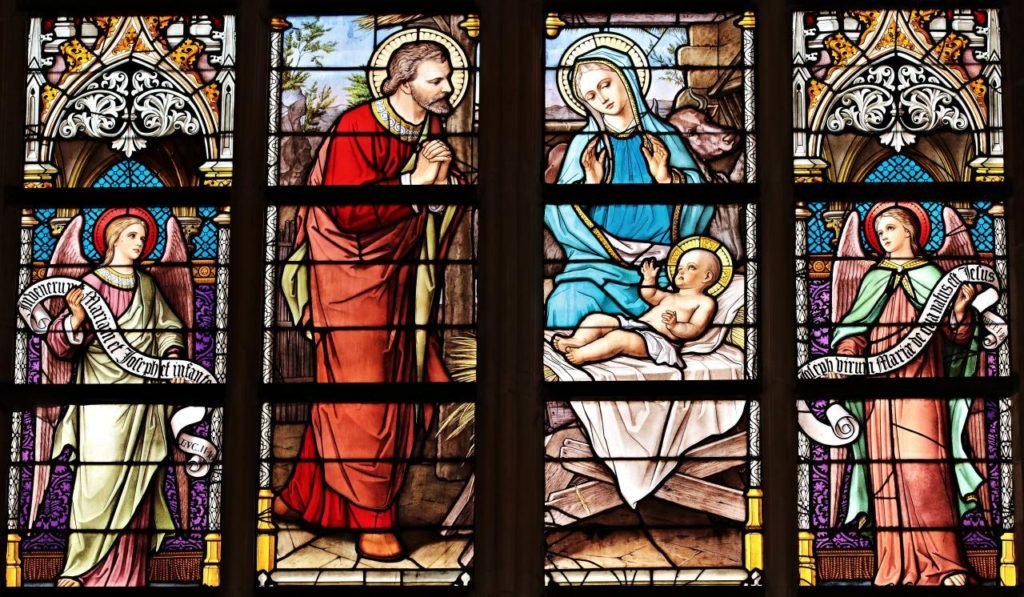The existence of god has been fiercely debated for centuries. None of us has a proof of his existence. But still a large section of society believes in god and a small ratio do not believe in his existence. Since the world we live in is so complex and beautifully designed, thus it would not be ok to say that it happened by chance. We have two perspectives that explain this complex and beautiful design of the world.

Different Perspectives
PERSPECTIVE 1: Religious people fall under this category who believe in the existence of god simply because it’s written in their holy books. Moreover a god fearing person may argue that there is some driving force that has created the world and all living species. This is a reduction ad absurdum argument which tries to claim that if the given argument is incorrect then the results would be absurd and contradictory. Also many people confuse scientific phenomena with religious experiences. Thus they strictly believe that god exists.
PERSPECTIVE 2: This perspective comprises of mostly scientists and those people who believe in logic’s. Scientists say that life is incredibly rare and working of the world is amazing. But then science need logic’s.
Now let’s come back to our heading “can math prove god’s existence”. For once let’s forget what we believe in and be neutral. Now we shall use the universal and unbiased language to reach to a conclusion. The language of math. For this we will be learning about the three arguments in brief. But we will be discussing the third argument in detail as it will be using the language of math.

COSMOLOGICAL ARGUMENT :
Also known as first cause argument states that every existence has a cause and we humans are also created for a reason. According to it if we are here for a purpose then there must be someone behind our creation and that someone is god. Hence god exists, but this argument fails the answer that if god’s purpose was to create us then who created god.
ONTOLOGICAL ARGUMENT:
This argument assumes that god is the greatest being in the entire universe. Now if we say that god doesn’t exist then who is the greatest being, hence god exists. This argument basically tries to confuse us and forces us in believing that god exists.
TELEOLOGICAL ARGUMENT:
It is often termed as the argument by design as according to it anything that is perfect in design is created by someone. For instance if we compare a stone and a clock. We observe that stone is of no good and will throw it away whereas clock is perfectly designed by us to show time. Similarly someone has designed the earth so perfectly for us. The perfect design of earth includes air, water, food, perfect temperature, etc. But then if earth’s design is perfect for us then why there is suffering and death from diseases. This argument was taken further to a next step by a mathematician Jordan Ellenberg.
ELLENBERG’S MATHEMATICAL EXPLANATION
This explanation makes use of probability. For better understanding we will split this explanation into four cases.
- Case 1 (if no god exists): if god didn’t created us then there are 1/4 billion billion chances of humanity coming into existence.
- Case 2 (if god existed): in this case we only assume one god. Thus the probability of one god created all of us is 1/4million which is higher then the case one. Moreover if we look this case with respect to argument by design then the world seems to be more rational and statistical.
- Case 3 (if many gods existed): we live in a society where we have multiple gods. In this case the probability of multiple gods creating the mankind is 1/400,000 , which is higher then both case one and two.
- Case 4 (if we are sims): since we do not known how big is the universe and what else exist in it. Therefore there are chances that we are not people but simulations created by some superior people. In this case the probability of existence of more smarter people is 1/4.
CONCLUSION:
Yes, math can prove the existence of god. But humanity is obsessed with humanity so there are fair chances that we are created by real people sitting in real world. It totally depends on an individual whether he wants to believe in god or in more superior people.

1 Comment
adhbhut , asambhav , avishwasniya, akalpaniy ,anokha , akasmiki, atiuttam …end of thinking capacity